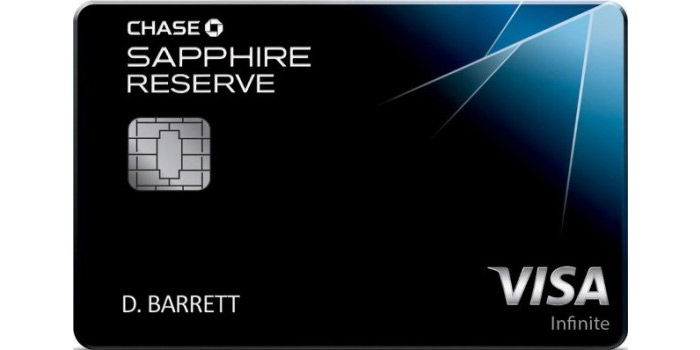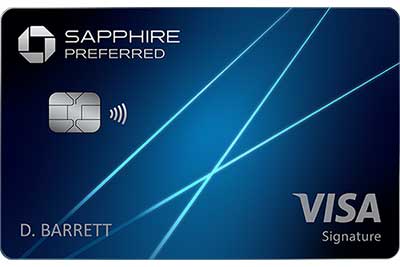The Chase Freedom Unlimited credit card is a popular choice for those looking to earn cash back on everyday purchases while taking advantage of a competitive introductory APR. With no annual fee and flexible rewards, it’s an appealing option for anyone who wants to maximize their spending power.
Before applying, it’s important to understand the credit score requirements and what factors can influence your approval. While a strong credit score improves your chances, lenders also consider income, existing debt, and overall financial history.

Credit Score Needed for the Chase Freedom Unlimited
Most applicants approved for the Chase Freedom Unlimited card have a credit score of 690 or higher, which falls within the good credit range. While some individuals with slightly lower scores may still qualify, having a higher score can improve your chances and may result in better terms, such as a higher credit limit or a lower interest rate.
Chase also looks at factors beyond credit score, including payment history, debt-to-income ratio, and recent credit inquiries. If your score is on the lower end, maintaining low balances, making on-time payments, and limiting new credit applications can help strengthen your profile before applying.
Increasing Your Approval Odds
Getting approved for a Chase Freedom Unlimited credit card requires some foresight and preparation. Most credit card offers target consumers with very good credit. Therefore, it’s essential to know your credit scores and understand the information in your credit reports.
Credit card issuers seek applicants with a strong credit history, steady income, and low credit utilization. If you’re using a significant portion of your existing revolving credit, it may signal to lenders that you could struggle to pay them back. Additionally, avoid applying for too much credit in a short period, as multiple credit inquiries can decrease your chances of getting approved.
Strategies for Improving Your Credit Score
If your credit score isn’t quite up to par, don’t worry – there are steps you can take to improve it. Here are some strategies:
- Review your credit reports: Request your credit reports from the three major credit bureaus – Equifax, Experian, and TransUnion – and review them for accuracy. Look for any errors or discrepancies that could be negatively impacting your credit score.
- Dispute inaccuracies: If you find any errors on your credit reports, dispute them with the respective credit bureaus. Successfully correcting inaccuracies can result in an immediate boost to your credit score.
- Pay down debt: Reducing your credit card balances can help lower your credit utilization, which accounts for 30% of your FICO credit score. Aim to keep your credit utilization below 30%.
- Pay bills on time: Consistently making timely payments is crucial for building and maintaining a good credit score. Set up reminders or automatic payments to ensure you don’t miss any due dates.
- Avoid closing old accounts: The length of your credit history accounts for 15% of your FICO score. Keep older accounts open, even if you don’t use them regularly, to maintain a longer credit history.
- Diversify your credit mix: Having a mix of credit accounts, such as credit cards, personal loans, and car loans, can demonstrate responsible credit management and improve your credit score.
Professional Credit Repair Assistance
Improving your credit score can take time, and in some cases, professional help may be beneficial. Credit repair services assist with disputing inaccurate negative items like late payments, collections, and charge-offs, which can improve your credit profile.
If you’re struggling to qualify for new credit, Credit Saint offers a free consultation to help you understand your options. Their services can provide guidance on addressing negative marks and strengthening your financial standing.



